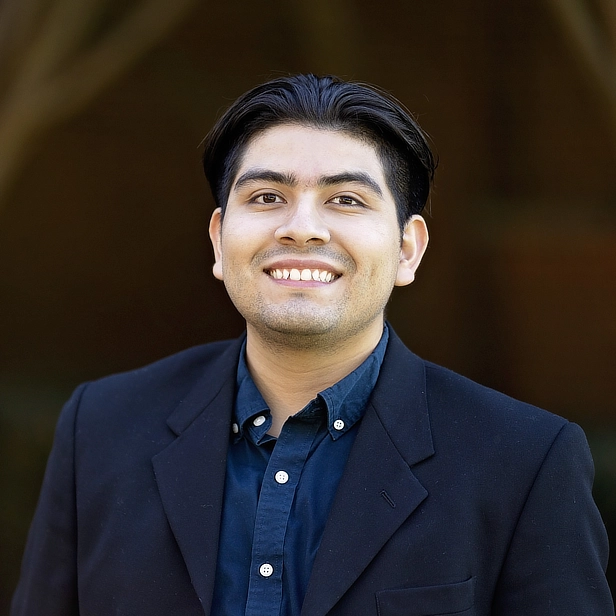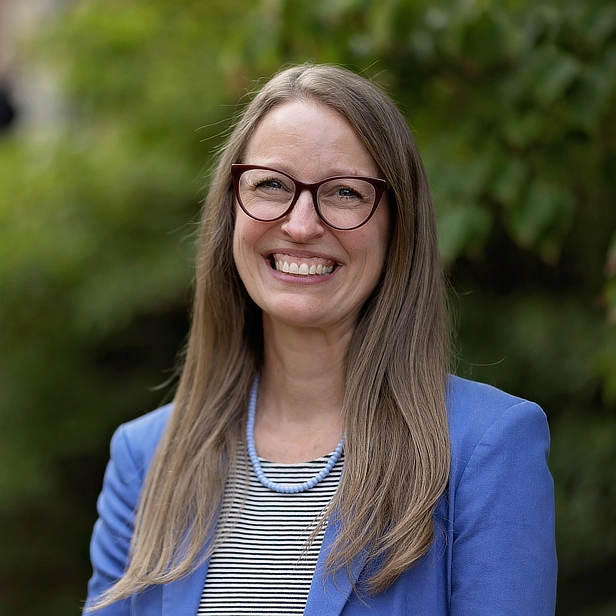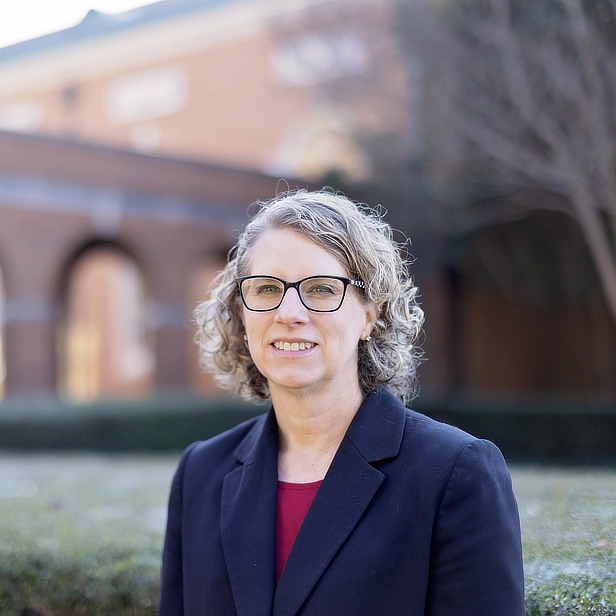-
Menu
- Home
- About
- Academics
- Admission
- Athletics
- Event Calendar
- Giving
- News & Media
- Samford Communities
- Student Life
General Education

Samford Commons
A Connected Journey from Day One
The Samford Commons is a pathway that brings together shared experiences, global engagement and interdisciplinary exploration to support students from their first year through graduation.
Through a carefully connected set of shared academic experiences, students develop the intellectual, spiritual and practical skills that shape how they approach every class, every challenge and every opportunity ahead. Rather than existing apart from a student’s major, General Education strengthens it by shaping how learning is applied across fields of study. These courses sharpen critical thinking, deepen faith and help students connect ideas across disciplines so that everything learned at Samford works together to form a strong, lasting foundation for college and beyond.

Start Strong with a Shared First-Year Experience.
Sharpen Analytical Skills & Expand Your Perspective.


Think Clearly. Write Powerfully. Speak with Confidence.
Engage Faith Thoughtfully & Live with Purpose.


Build Habits for a Healthy & Flourishing Life.
Strengthen Problem-Solving Skills and Make Sense of Data.


Engage the World Beyond Campus.
Explore the World Through Interdisciplinary Inquiry
Understanding the Human Experience
Students explore how people make meaning through history, literature, philosophy and culture. These courses deepen empathy, sharpen interpretation skills and help students better understand themselves and others.
Exploring the Social World
Courses in this area examine how individuals and communities interact, how societies function and how decisions shape collective life. Students learn to analyze social systems and consider how they can contribute thoughtfully and responsibly.
Investigating the Natural World
Students study the natural world through scientific inquiry, developing curiosity, problem-solving skills and an appreciation for evidence-based reasoning. These courses help students understand creation and humanity’s responsibility as faithful stewards.
Engaging Creative Expression
Creative expression courses invite students to think imaginatively and engage artistic works with insight and reflection. Students learn how creativity shapes culture and how artistic expression helps communicate truth, beauty and meaning.Cookie Preferences | Privacy Policy | Software Plugins
Microsoft Excel®
Microsoft Power Point®
Microsoft Word®
Adobe Portable Document Format



